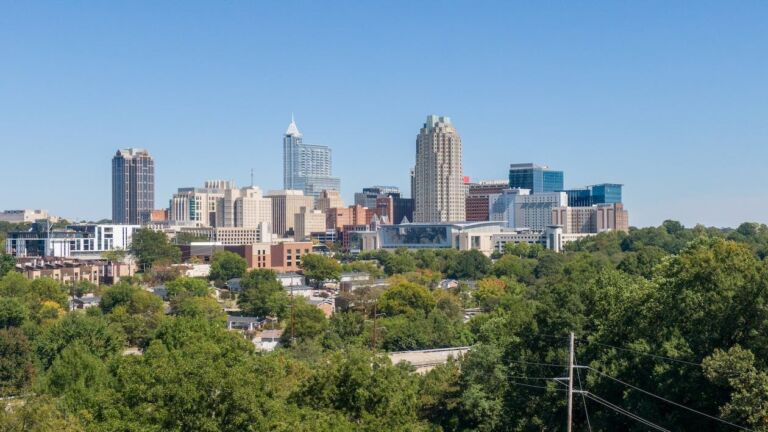Energy was a particular obsession of the president-elect’s, and therefore a particular source of frustration. Week after week, [White House economic adviser Christina] Romer would march in with an estimate of the jobs all the investments in clean energy would produce; week after week, Obama would send her back to check the numbers. “I don’t get it,” he’d say. “We make these large-scale investments in infrastructure. What do you mean, there are no jobs?” But the numbers rarely budged.
— Excerpt (emphasis added) from the new book by Noam Scheiber, The Escape Artists: How Obama’s Team Fumbled the Recovery
My last blog post highlighted the end result of the Obama administration’s green investment: taxpayer funding an exorbitant lack of production. My last newsletter highlighted the end results of voluntary energy investment: an unexpected revolution in oil and natural gas making America truly energy independent and creating booming local economies.
James Pethokoukis puts the two issues together in a way that highlights the stark difference between (a) government trying to force-pick a market winner, imposing the risk on taxpayers, and (b) risk-taking individuals and private investors finding the actual market winners. If that process sounds familiar, note that we have the same problem on a smaller scale in Raleigh: (a) Raleigh’s leaders deciding that Fayetteville Street should be the city’s entertainment district, burning millions upon millions of dollars in taxpayer subsidies on it, vs. (b) the bustling and dynamic — and unsubsidized —Glenwood South, which private investors and consumers chose.
So where are the new jobs coming from, at least the good-paying ones? From the industry Obama wants to replace as much as possible with “clean” energy: oil and gas. A new report from the World Economic Forum estimates the sectors “added approximately 150,000 jobs in 2011, 9% of all jobs created in the United States that year.” Those numbers are even more impressive once you realize that some 40% of all new jobs are being added in low-pay sectors such as retailing and leisure. So nearly 20% of new “good jobs” are in oil and gas.


